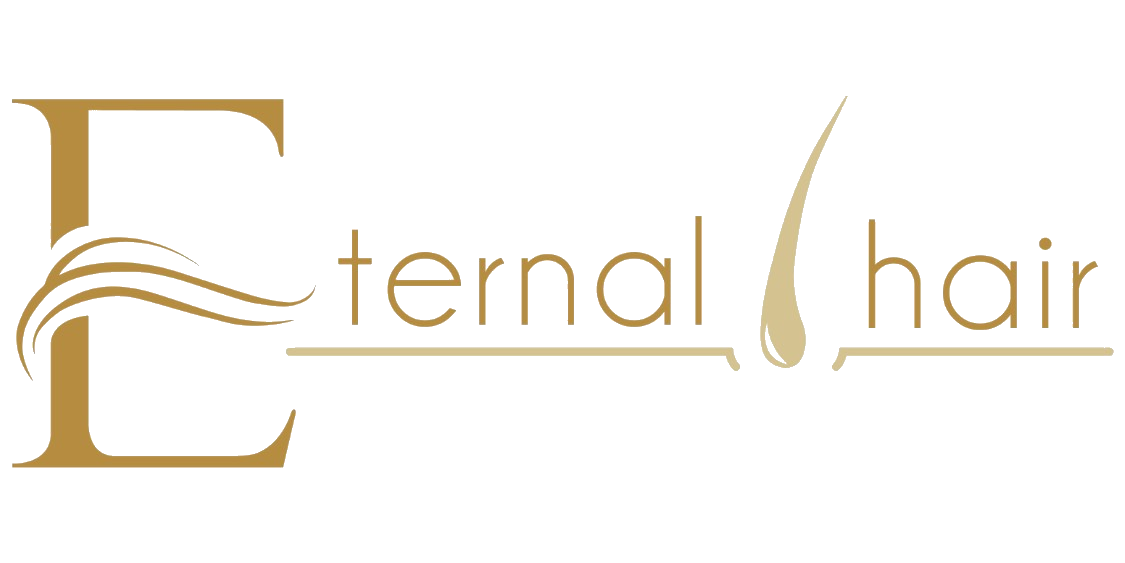
Remember in the fairy tale how Rapunzel let down her hair, so the witch could use it to climb up the tower? To have long, strong hair, good nutrition is key.
While we don’t know what Rapunzel’s diet was like, we’ve outlined below which macronutrients, vitamins, and minerals science has found play a role in healthy hair:
Protein
Protein is your hair’s best friend, since hair fiber is nearly 100% protein. Eating foods rich in this macronutrient, such as eggs, tofu, beans, lentils, quinoa, chicken, and Greek yogurt, support the growth of normal, healthy hair.
Omega-3 fatty acids
Foods that contain healthy fats (another macronutrient), particularly omega-3 fatty acids, include walnuts, chia seeds, flaxseed, salmon, and plant oils. They feed your hair follicles through the hair shafts and the cell membranes in your scalp. The result is elasticity in your hair, which prevents it from breaking.
Magnesium
Magnesium plays a starring role in hair growth. A deficiency of this mineral causes hair follicles to go into a resting phase, which means they stop producing new hair. You can find magnesium in halibut, avocados, almonds, cashews, bananas, and brown rice.
Iron
Your blood needs iron to transport oxygen and nutrients to your scalp for strong, thick hair follicles. Without it, premature hair loss, and hair loss in post-menopausal women can result. Obtain your daily iron intake by consuming peas, beans, seafood, pork, poultry, red meat, and dark green, leafy vegetables.
Zinc
Meat and shellfish, such as beef and oysters, are good sources of zinc, as well as legumes, such as beans and chickpeas. This mineral helps manage the glands on your scalp that secrete oil and help your hair grow.
Vitamin A
Glands in your skin use vitamin A to make sebum, an oily substance that moisturizes your hair. Good sources of this vitamin include eggs, milk, carrots, spinach, pumpkin, and sweet potatoes.
Vitamin C
Collagen relies on vitamin C to maintain healthy blood vessels in your scalp, which are needed to keep your hair follicles strong. Vitamin C also helps your body absorb iron. Fill up on this vitamin by eating citrus fruits, kale, broccoli, strawberries, and bell peppers.
Vitamin D
Hair shedding and thinning hair may be the result of a lack of vitamin D, which helps regulate hair growth. Foods that contain vitamin D include tofu, tuna, salmon, mushrooms, and fortified milks and cereals.
Expert Solutions for Hair Loss
A diet rich in nutrients, vitamins, and minerals go a long way in growing and maintaining thick and healthy hair. But if you’re still struggling with thinning hair or hair loss despite your best nutritional efforts, other options may be for you.
One of them is Eternal Hair and Esthetics. We provide hair loss solutions, from various therapies to the best hair transplants in NJ, to restore your hair —- and your confidence. Book an appointment with us today.
